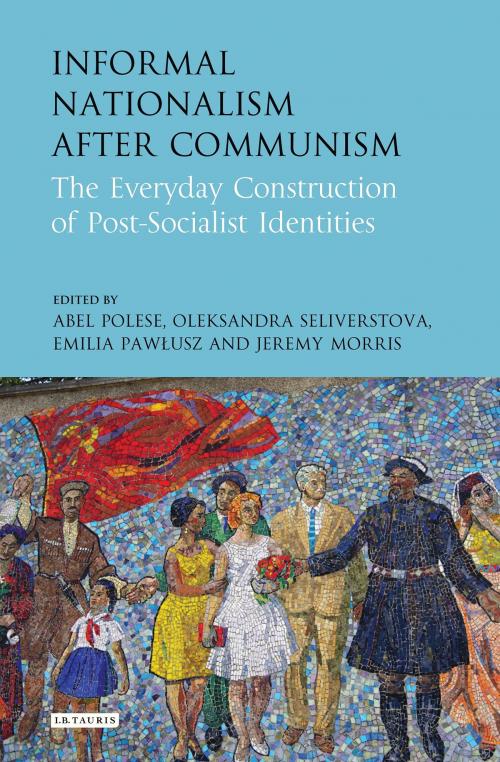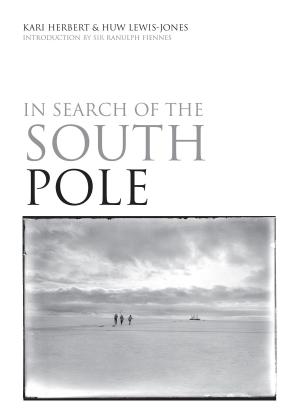Informal Nationalism After Communism
The Everyday Construction of Post-Socialist Identities
Nonfiction, Social & Cultural Studies, Political Science| Author: | ISBN: | 9781838608736 | |
| Publisher: | Bloomsbury Publishing | Publication: | March 20, 2018 |
| Imprint: | I.B. Tauris | Language: | English |
| Author: | |
| ISBN: | 9781838608736 |
| Publisher: | Bloomsbury Publishing |
| Publication: | March 20, 2018 |
| Imprint: | I.B. Tauris |
| Language: | English |
Since the collapse of the Soviet Union, nation building and identity construction in the post-socialist region have been the subject of extensive academic research. The majority of these studies have taken a 'top-down' approach - focusing on the variety of ways in which governments have sought to define the nascent nation states - and in the process have often oversimplified the complex and overlapping processes at play across the region. Drawing on research on the Balkans, Central Asia, the Caucasus and Eastern Europe, this book focuses instead on the role of non-traditional, non-politicised and non-elite actors in the construction of identity. Across topics as diverse as school textbooks, turbofolk and home decoration, contributors - each an academic with extensive on-the-ground experience - identify and analyse the ways that individuals living across the post-socialist region redefine identity on a daily basis, often by manipulating and adapting state policy.In the process, Nation Building in the Post-Socialist Region demonstrates the necessity of holistic, trans-national and inter-disciplinary approaches to national identity construction rather than studies limited to a single-state territory.
This is important reading for all scholars and policymakers working on the post-socialist region.
Since the collapse of the Soviet Union, nation building and identity construction in the post-socialist region have been the subject of extensive academic research. The majority of these studies have taken a 'top-down' approach - focusing on the variety of ways in which governments have sought to define the nascent nation states - and in the process have often oversimplified the complex and overlapping processes at play across the region. Drawing on research on the Balkans, Central Asia, the Caucasus and Eastern Europe, this book focuses instead on the role of non-traditional, non-politicised and non-elite actors in the construction of identity. Across topics as diverse as school textbooks, turbofolk and home decoration, contributors - each an academic with extensive on-the-ground experience - identify and analyse the ways that individuals living across the post-socialist region redefine identity on a daily basis, often by manipulating and adapting state policy.In the process, Nation Building in the Post-Socialist Region demonstrates the necessity of holistic, trans-national and inter-disciplinary approaches to national identity construction rather than studies limited to a single-state territory.
This is important reading for all scholars and policymakers working on the post-socialist region.















